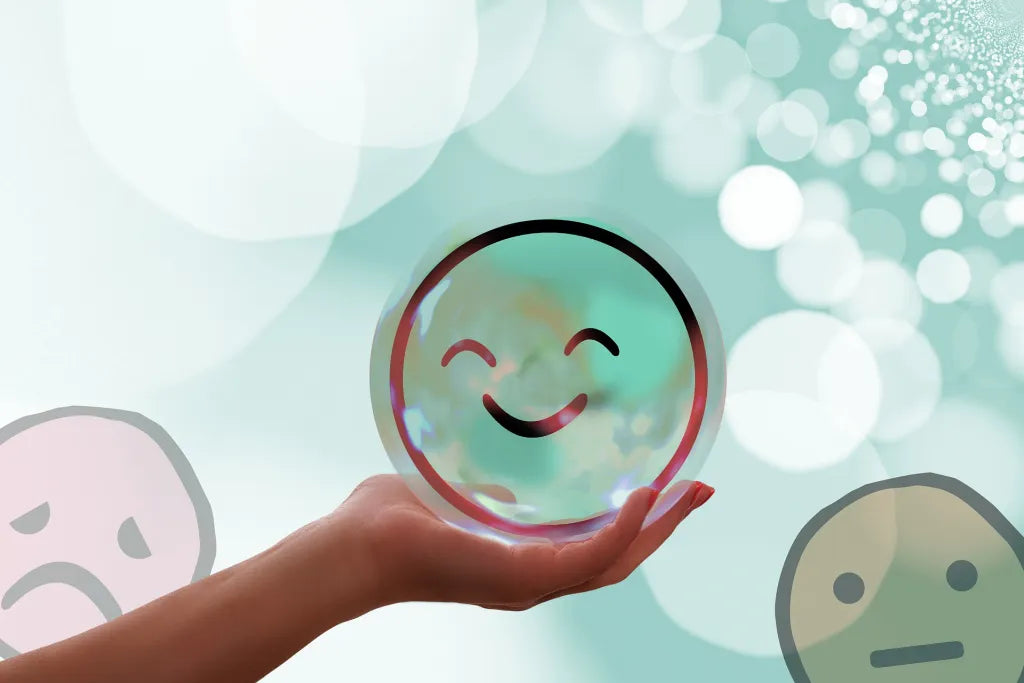Toxins, hormones and mood issues… what do these three things have in common when it comes to mental health?
With fall rolling in and the days getting shorter plus the holidays are just around the corner, it is a good time to talk about mental health and steps we can take to improve it naturally. First, let’s look at what can impact our mental health.
Symptoms of depression, anxiety, fatigue and feeling overwhelmed can come in lots of different packages and for different reasons.
- Hormonal imbalances
- Vitamin and mineral deficiencies
- Toxic overload (environment, endogenous, medications)
- Lack of exercise and sunlight (too much exercise isn’t good either)
- Poor gut health
HORMONAL IMBALANCES
Hormonal imbalances alone can be the root cause for many of these symptoms. Stressed adrenals can impact both the thyroid and reproductive hormones along with our neurotransmitters. Hormones get tricky because high and low hormones can look the same. And ultimately it comes down to the balance between hormones! There isn’t one hormone that is more important than another one. Prolong and high stress can result in higher levels of rT3 and lower levels of fT3… Imbalances between testosterone, progesterone and estrogen can leave us feeling depressed and irritable or anxious. And prolonged stress can result in gut issues which can lead to conditions like IBS or just decreased absorption of key nutrients like magnesium, zinc, B vitamins and vitamin D to name a few! (I could go on for days how our hormones impact our mental health!)
VITAMIN AND MINERAL DEFICIENCIES
Vitamins and minerals are the building blocks for our health and supporting the hormones in our endocrine system. But it’s key to understand that simple mineral or vitamin replacement of a singular mineral or a fraction of a vitamin doesn’t work well in the long run. The body requires a balance here too! As an example, B12 doesn’t work well without B6 and vitamin D requires vitamin A to work effectively. Yet, many companies will push just one part of a vitamin or give you a poorly absorbed mineral source. In the case of B12 or D3, your labs might look good but not necessarily make a change on a cellular level. Without the synergists, like the whole spectrum of B vitamins or vitamin A, the effect isn’t the same as it would be when everything is there. It shouldn’t surprise you that when we get these nutrients from whole food or healthy sources of fat, like cod liver oil for vitamin A and D, it’s in the perfect ratio! And of course, it takes a healthy gut and strong digestion to be able to absorb these important nutrients!
TOXIC OVERLOAD!
Toxins and endocrine disrupters are literally EVERYWHERE! And there are also the toxins that are produced endogenously. It doesn’t matter if you live in the country or the city… new house or old house… we are exposed to toxins every day. Now, fortunately, we have a system designed to handle this, but for many of us, that system can get a little out of balance. You have two major organs of detoxification – the liver and the kidneys. Most people will deal with an imbalance between phase 1 and phase 2 liver detoxification leaving them feeling the effects of increased toxicity. This can result in poor sleep, chronic inflammation, poor blood sugar regulation, digestive issues, fatigue and increased mood issues to name a few. While we can’t escape toxins, we can decrease our burden and work on improving our detox pathways. This will also result in better hormone balance too! (More on this later!)
EXERCISE AND GETTING OUTSIDE
Exercise and getting outside can simply make all of us feel better. But it can be a tricky topic because we are inundated with TONS of videos and programs about what kind of exercise we should be doing. Keep it simple and go for a walk. Research has shown that walking for 60 minutes per day can help normalize our stress hormone cortisol. It doesn’t have to be fast or all at once. Feel free to divide it up. If walking isn’t your thing, then find something you like and try to move for at least 20-30 minutes per day. I think it’s important to start with small goals if it’s a new routine for you. If you are exercising too much, you will start to experience more fatigue and trouble losing weight. So pay attention to how you feel!!! We are all different and what works for one person doesn’t work for another. It’s important to get outside and feel the sun on your face and breathe fresh air. This is more critical for the individuals that suffer from seasonal affect disorder.
POOR GUT HEALTH
Finally, you need to have a healthy gut and strong digestion for hormone balance, increased absorption of nutrients, toxin elimination and a healthy immune system. The gut and brain are intimately connected and imbalances in the gut can also present as anxiety, irritability and mild depression. It is estimated that approximately 80% of serotonin is made in the gut! People are so quick to grab an ant-acid for their digestive issues to reduce their symptoms but never really address what’s going on. Partly because they may not know what to do or where to look for help. It’s another area where the suggestions are endless and overwhelming!
I know all of this can feel daunting and leave you wondering about the next step. If you feel like you could use some help in any of these areas, stay tuned for part 2 where I will give some practical advice and ways to improve your physical and mental health. And as always, if you are looking for a personal, customized plan to help address these issues and more, give our office a call.
Cheers,
